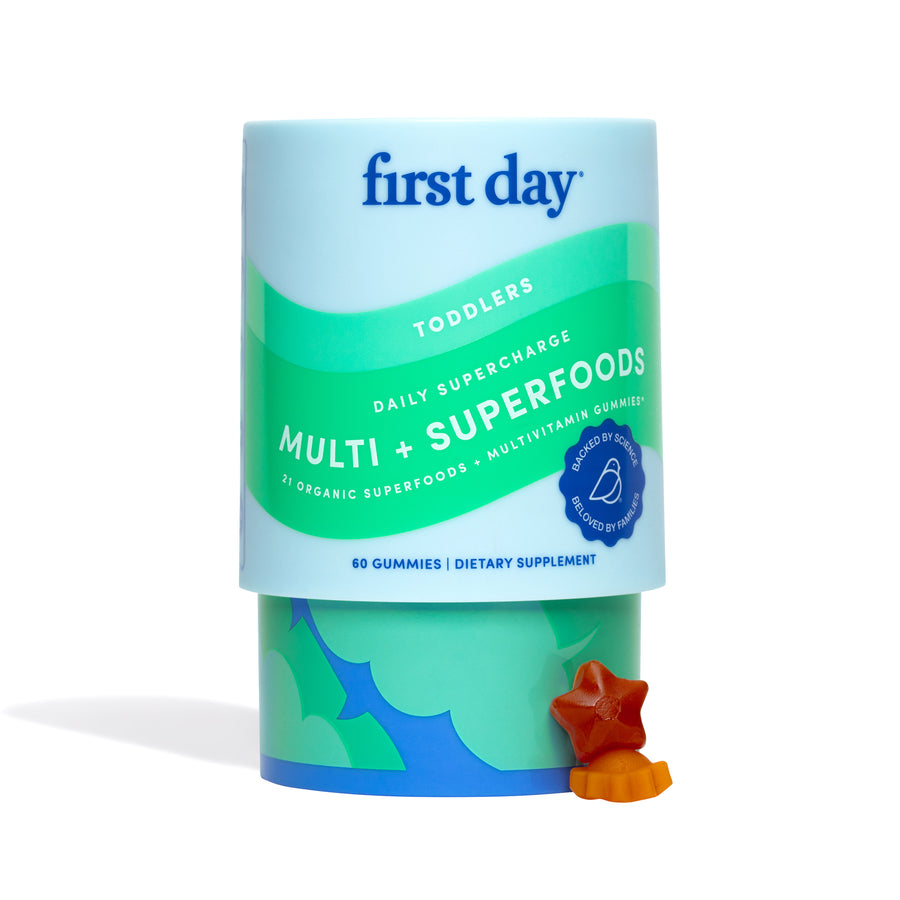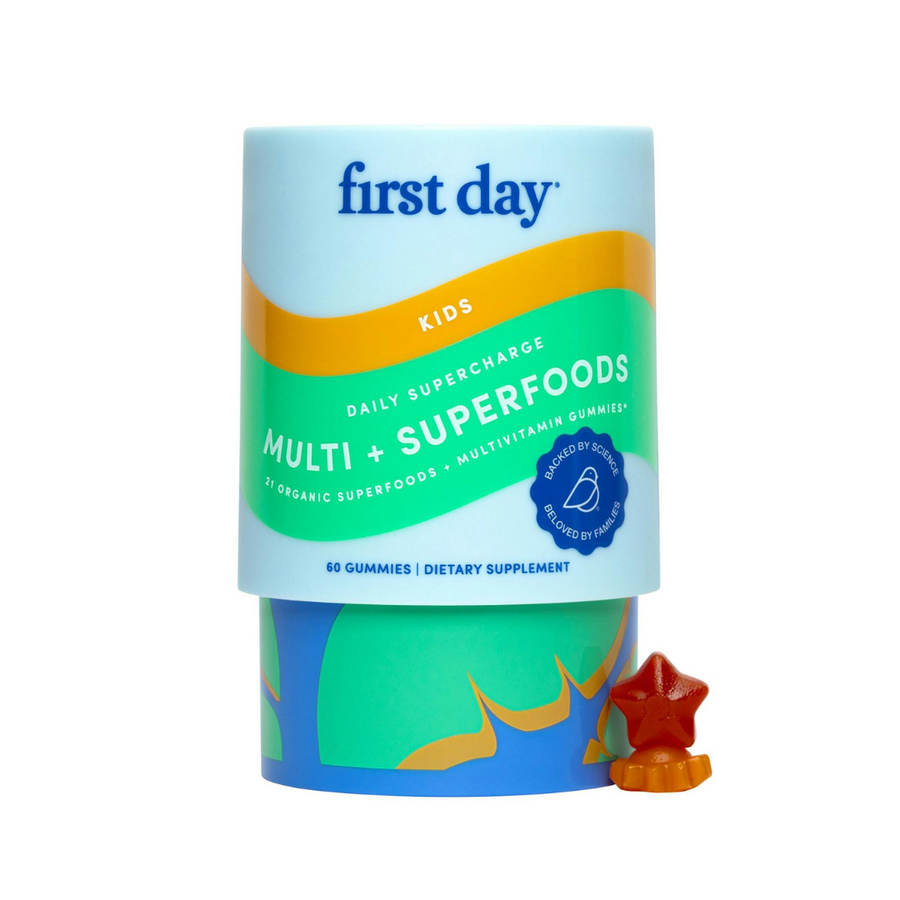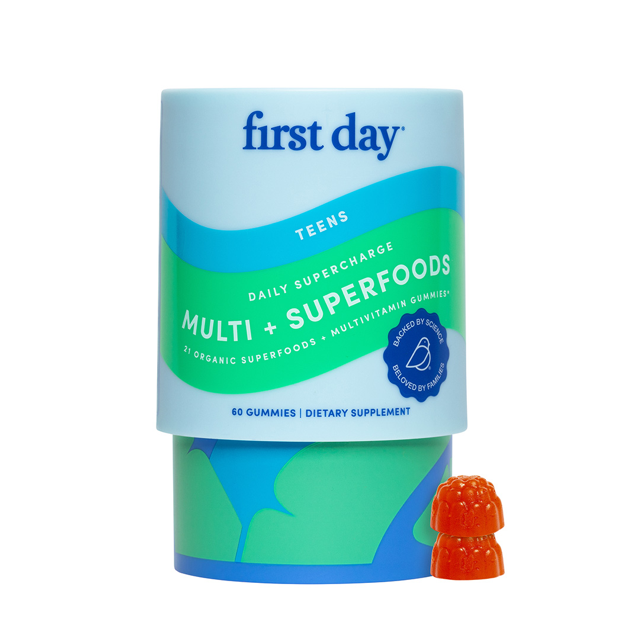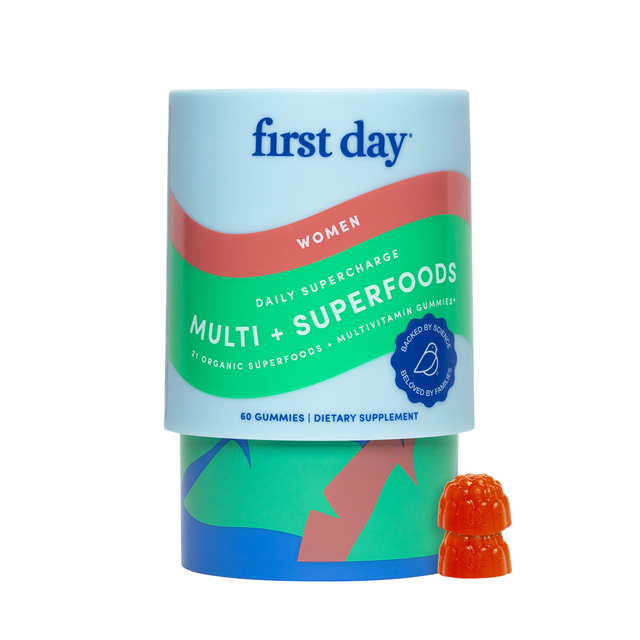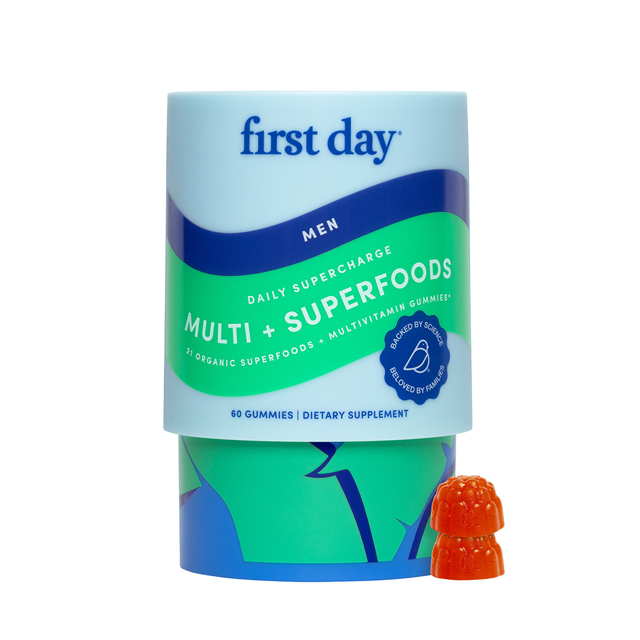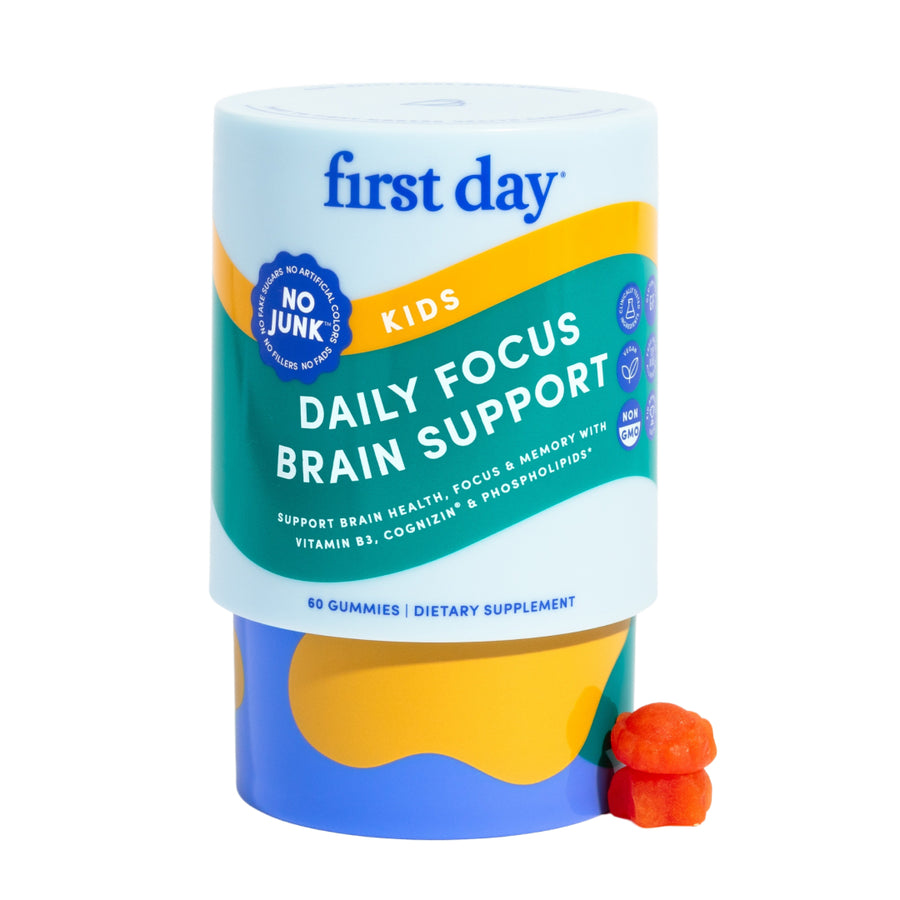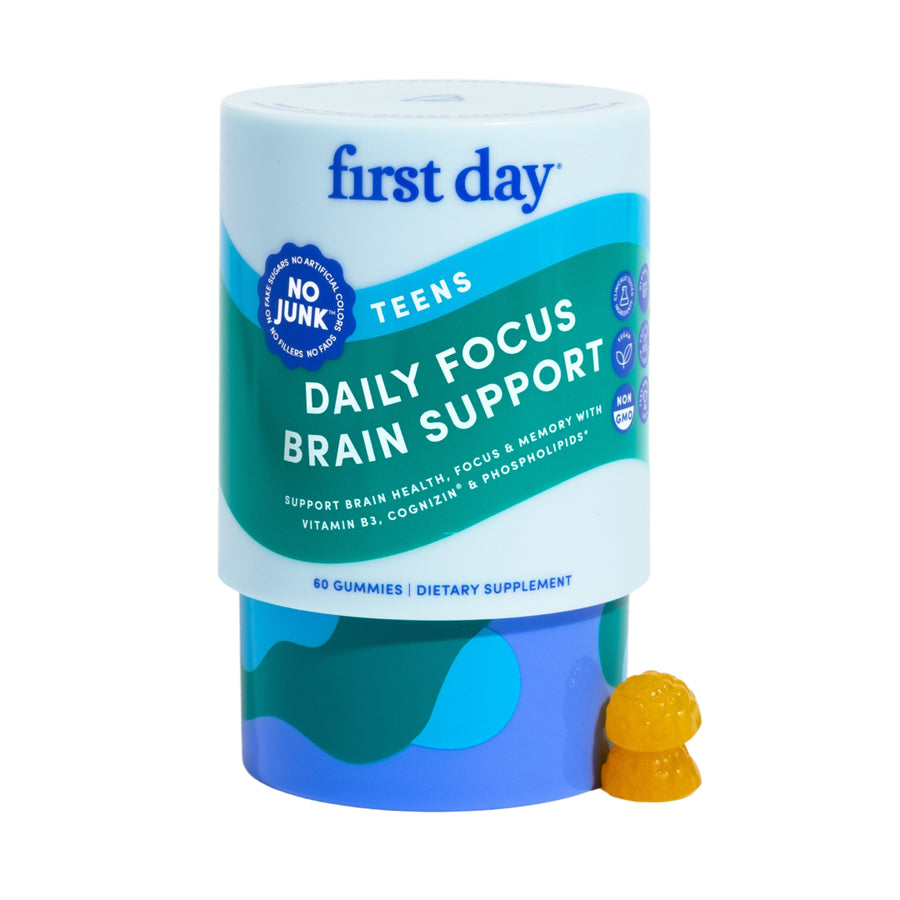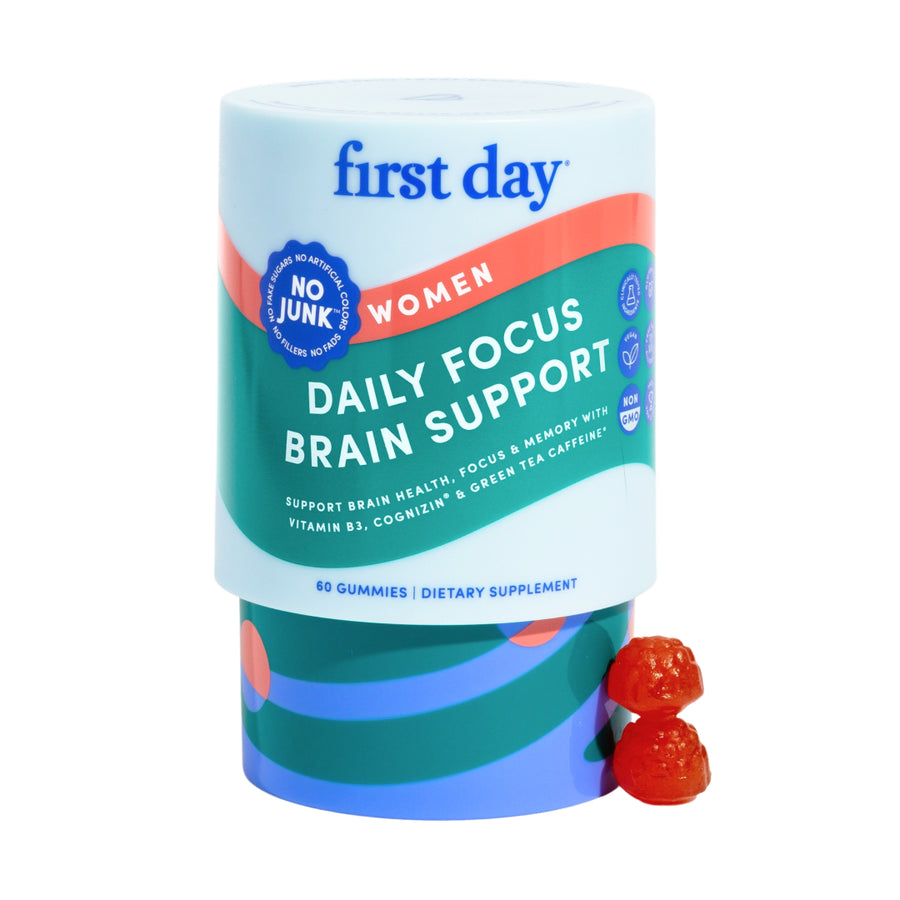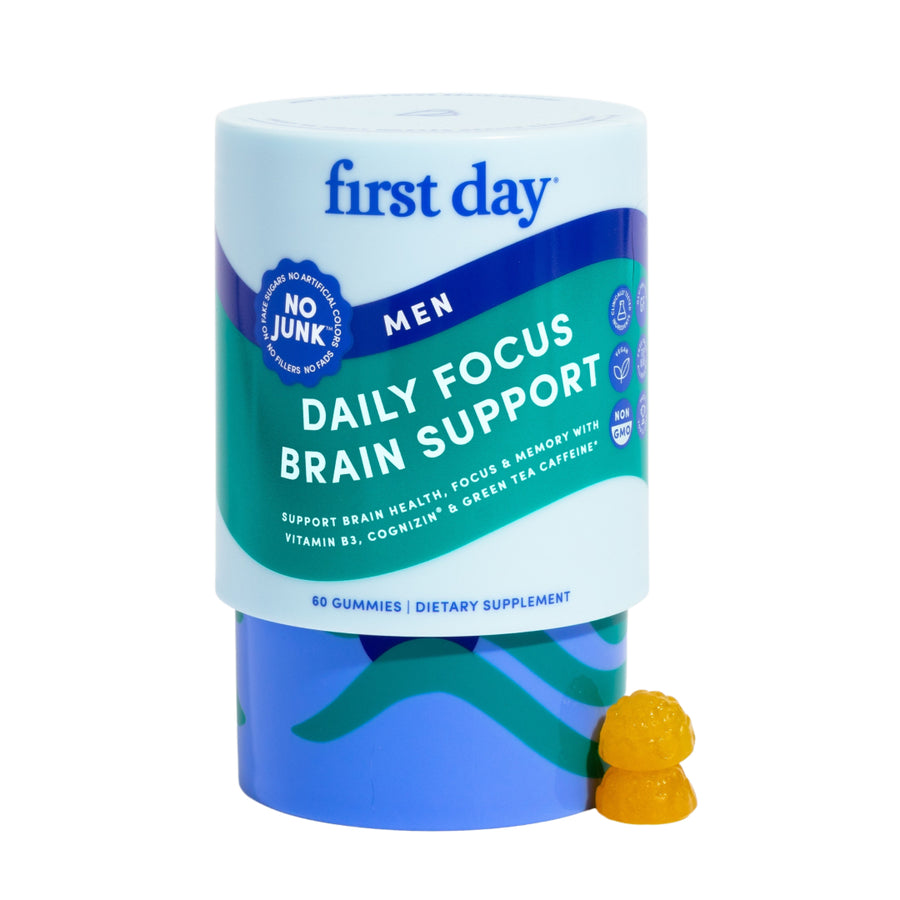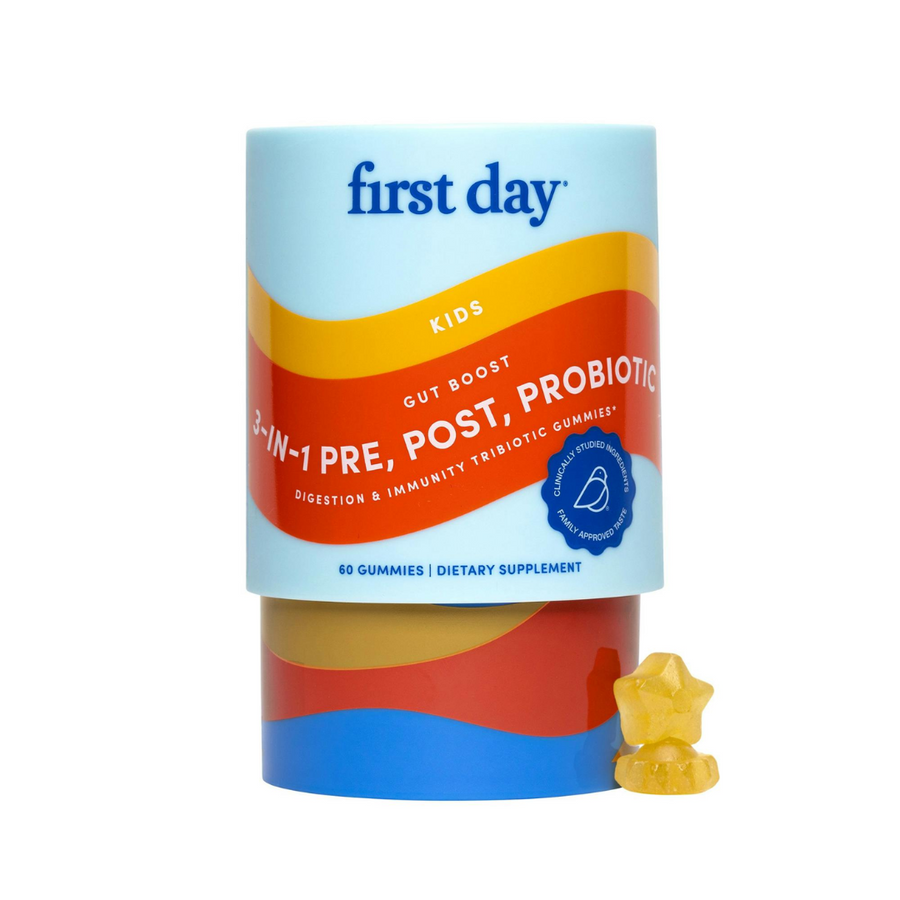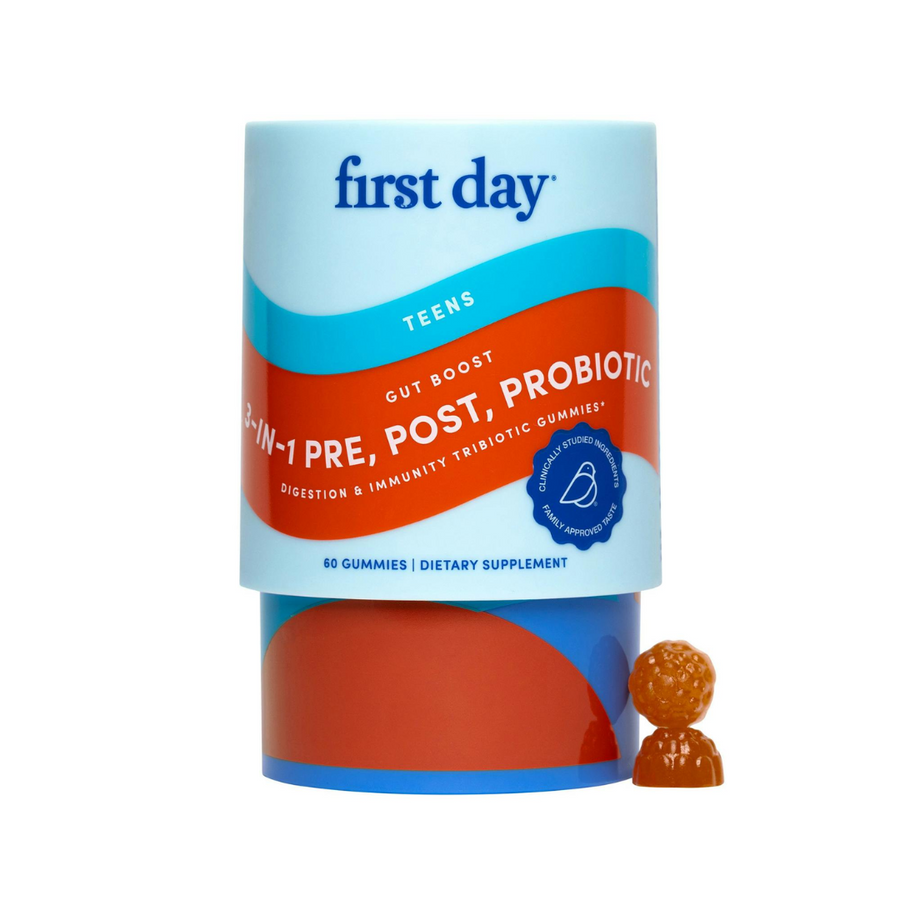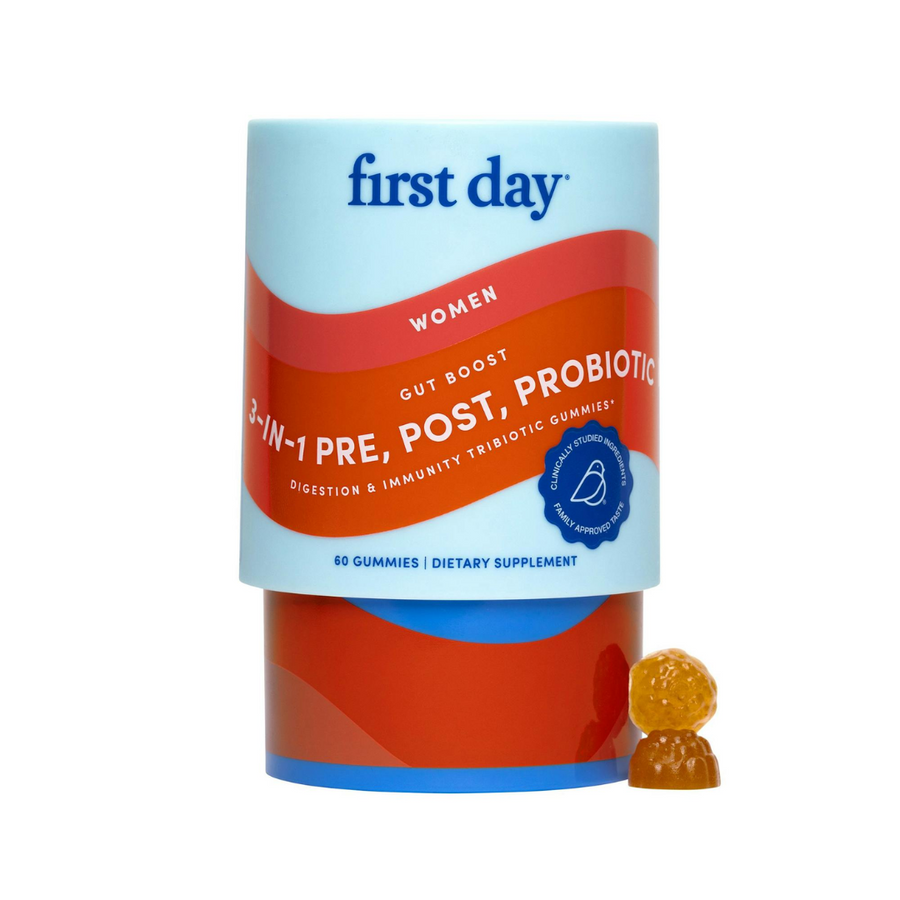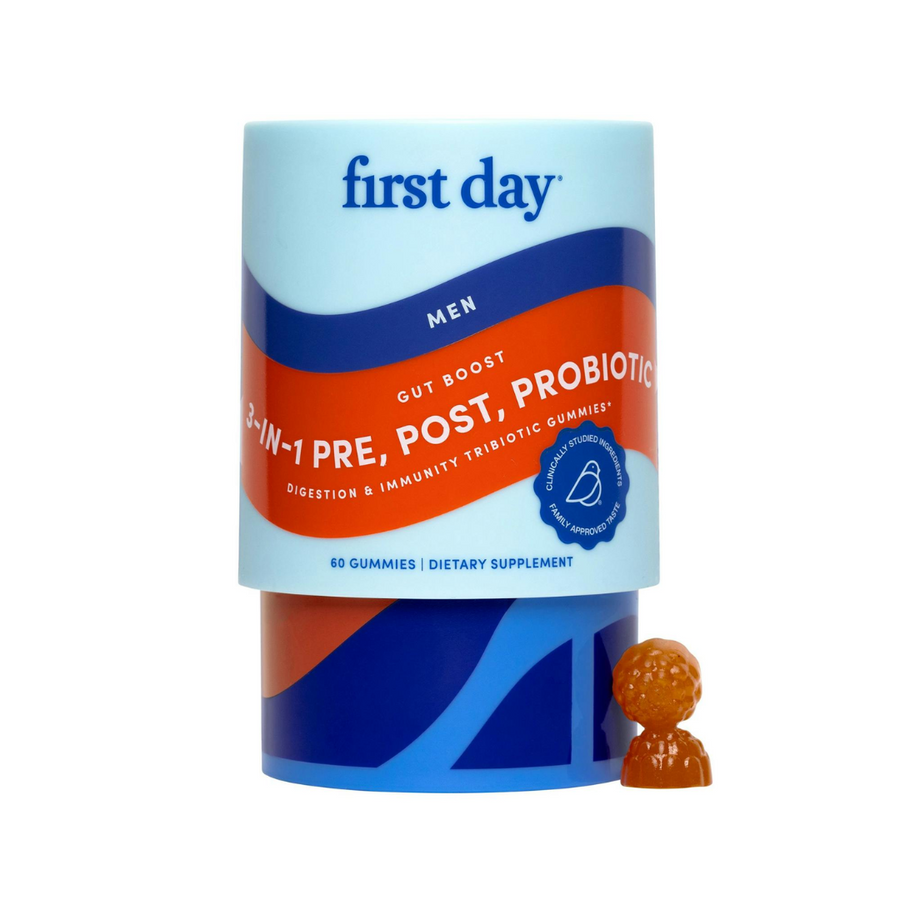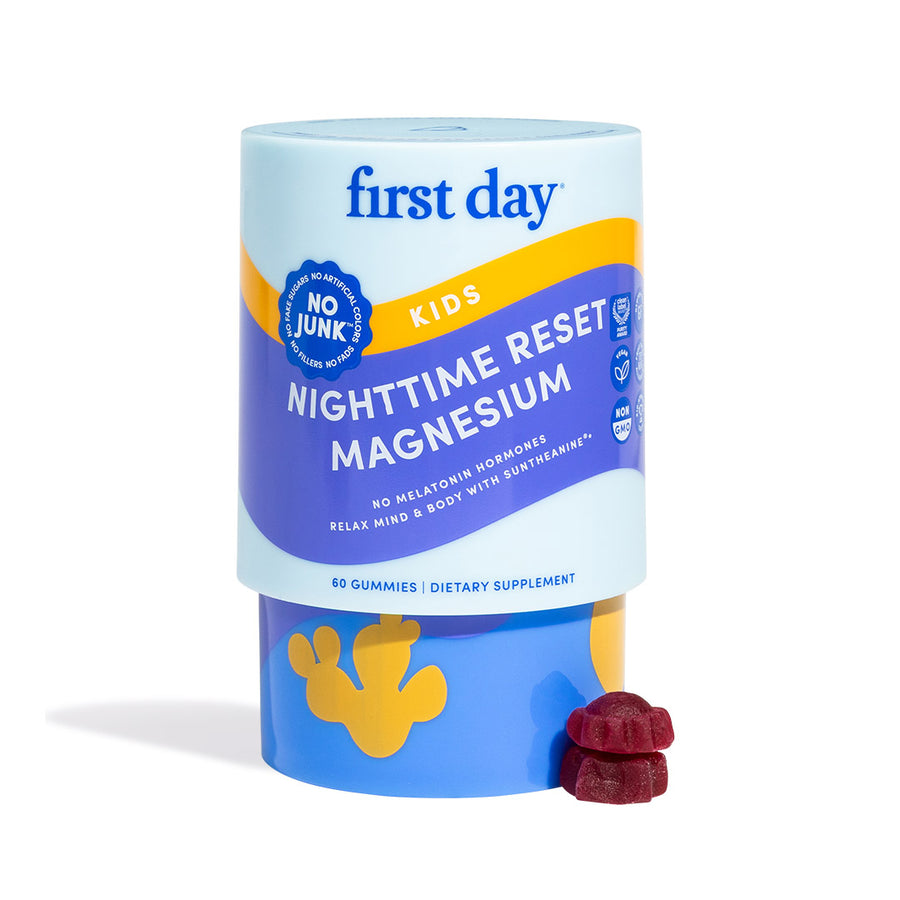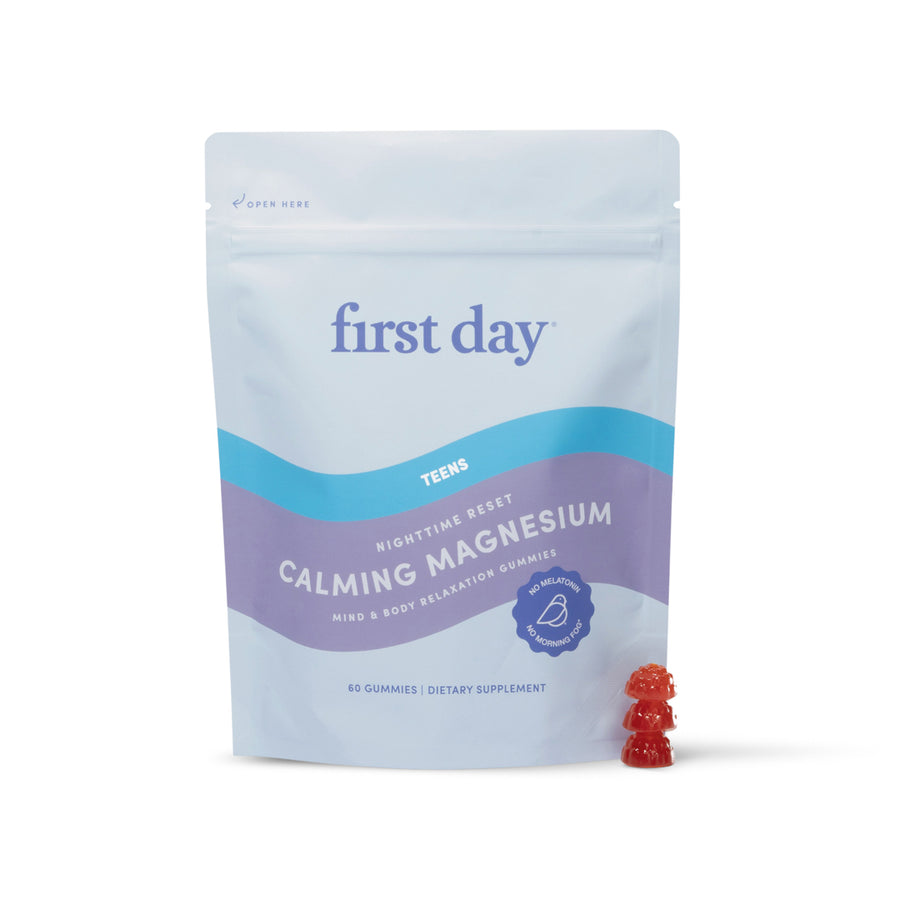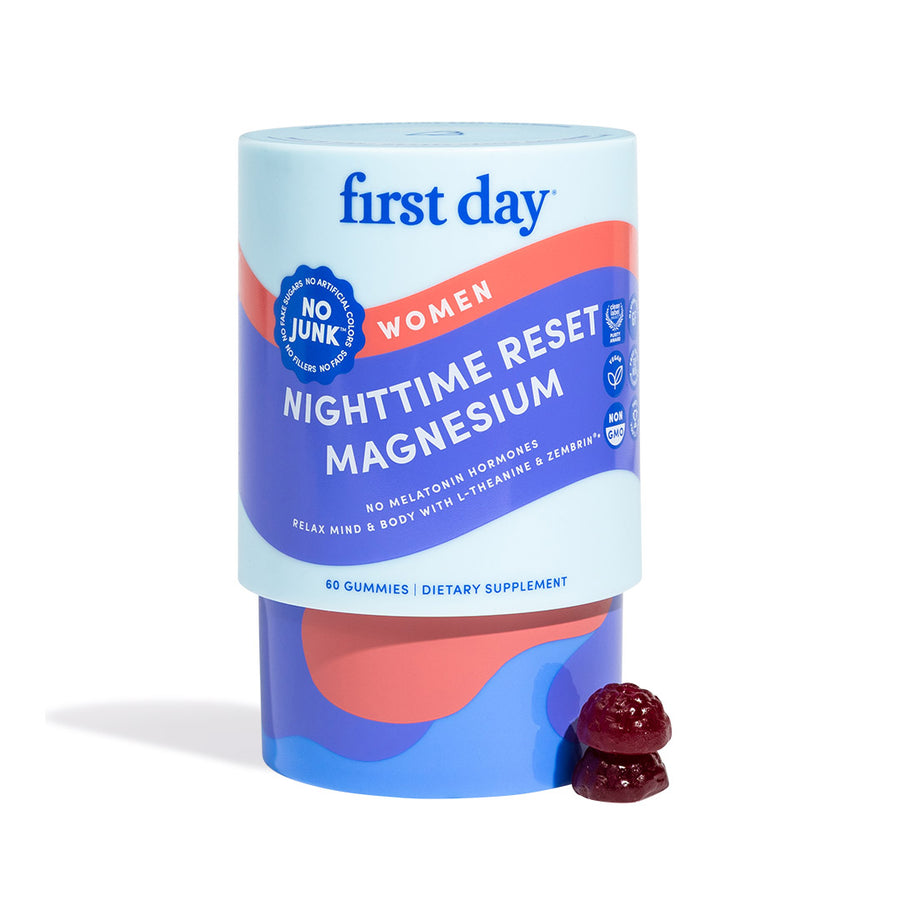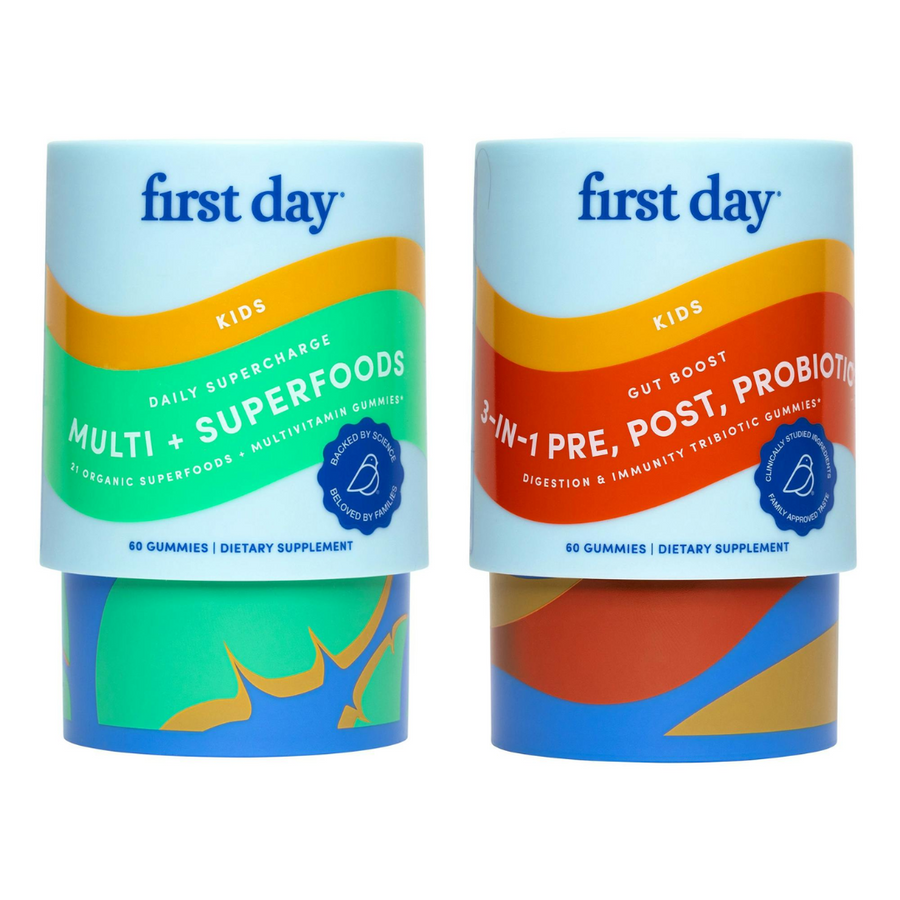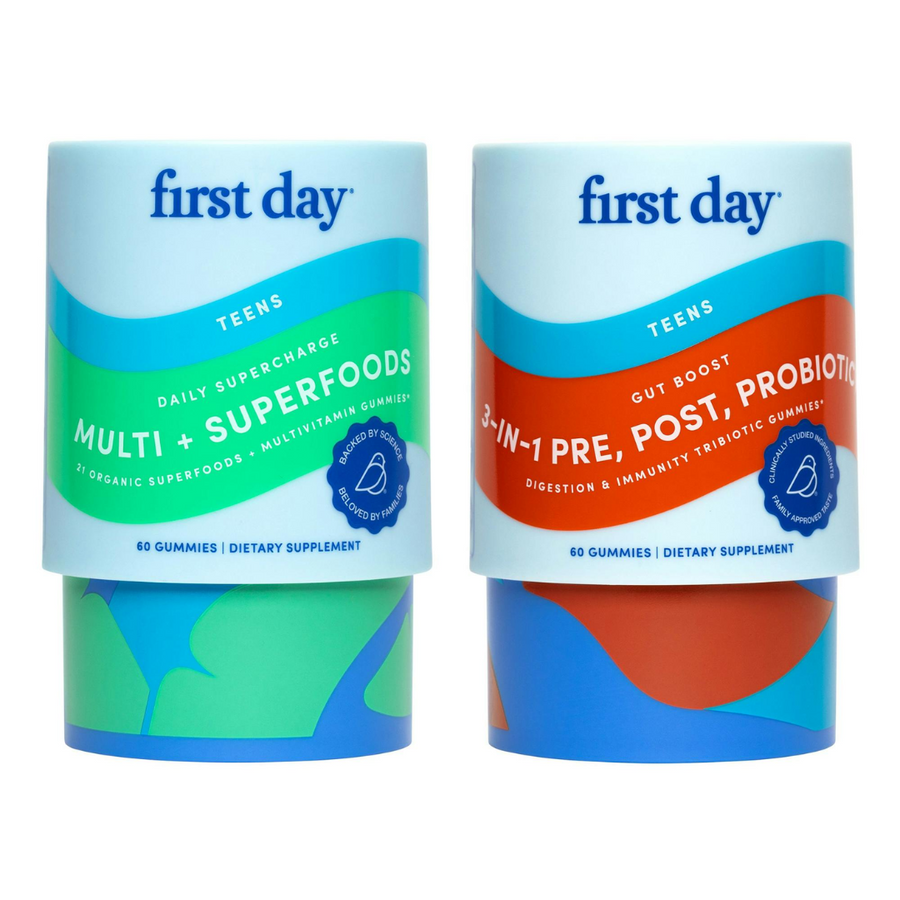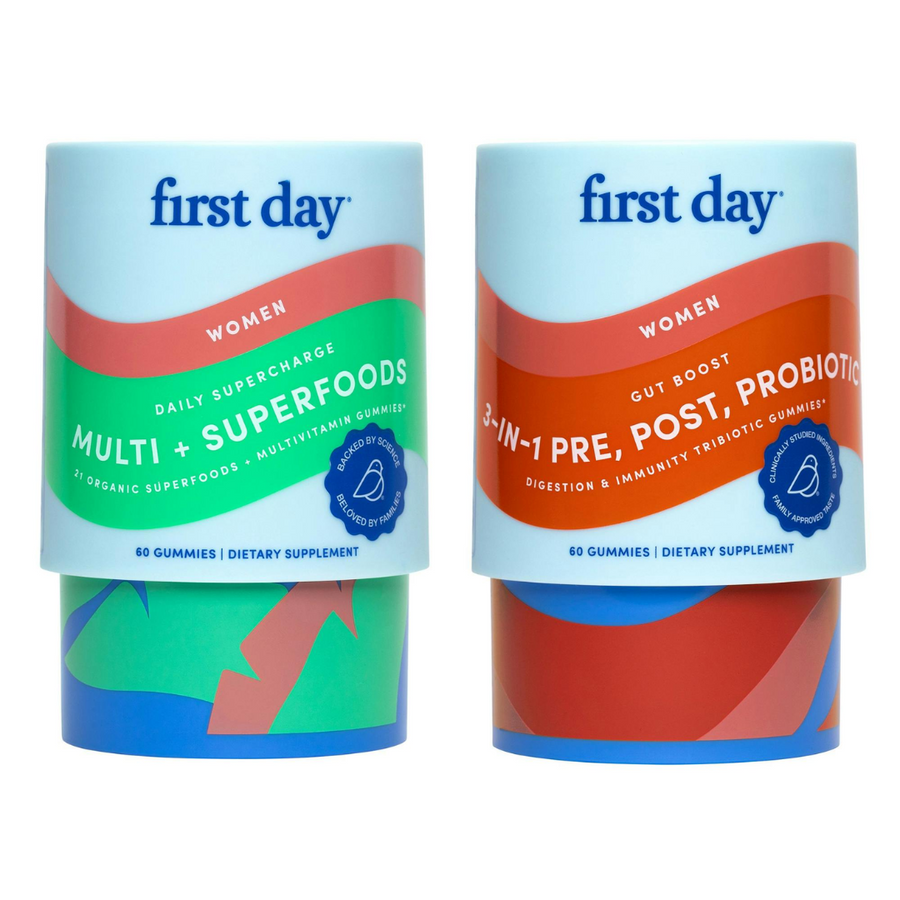Nutritional needs vary with gender and age. A healthy diet for men is different from a healthy diet for women. What a middle-aged man needs to stay healthy varies from what older, teenage or male toddlers need.
Here at First Day, we take nutrition seriously. On top of promoting good diet and health, our men's supplements are well-made to help ensure optimum health for men ages 18+.
So here's the thing: Studies found that men and women eat quite differently. Men consume a lot more meat and bread while women go for more fruits and vegetables. There's also a larger tendency for men to eat more fast food than women. That being said, the most essential nutrients men require are specific, and are pivotal to one's good health.

A Man’s Typical Diet
The Good
There is something known as a "manly diet," which consists primarily of red meat and fowl. Animal meats are foods high in protein, which are essential macronutrients that promote cell growth and repair, hormone production and better digestive health.
The majority of red meat are also high in zinc, which aids one's immune system, prostate health, testosterone levels, and overall sexual health. Furthermore, meat is also rich in iron, which boosts muscle function and hemoglobin formation.
The Bad
However, like all things excessive, too much of everything can also be a bad thing. Such a "manly diet" can lead to certain health risks.
For example, a diet high in meat and cheese has a lot of saturated fats. These fats can contribute to high cholesterol levels and raise your risk of developing heart disease or stroke.
Furthermore, men tend to eat more bread than women. While whole grains work wonders to the body by providing complex carbohydrates, plenty of baked goods such as sweet or white breads are richer in simple carbohydrates. These kinds of carbs may be broken down a lot faster. However, simple carbohydrates lack essential nutrients, which ultimately doesn't contribute to better health.

Important Nutrients for Men
A man’s overall health is affected by a lack of necessary nutrients. It affects your body weight, heart health, brain health and energy levels. It also affects your overall mental health and wellbeing, which is why it's crucial to take care of yourself as early as you can. Moreover, this helps prevent you from developing chronic diseases and other health conditions that could further complicate as you grow older.
Below are key nutrients you should incorporate in your daily diet and nutrition.
B Vitamins
B vitamins, or specifically the B complex, are water-soluble vitamins that aid in the conversion of food to energy. They also play an important role in promoting healthy hair, nails, red blood cells, and brain health, among others. Furthermore, B Vitamins help prevent cancer and are necessary for maintaining healthy DNA.
There are a ton of food sources rich in B Vitamins such as legumes, nuts, eggs, dairy, chia seeds, pumpkin seeds, fortified cereals or whole grain cereal and grains, leafy greens as well as fruits like avocado.
Omega 3 Fatty Acids
Omega 3 fatty acids are another important nutrient for men. Our bodies can't produce these on our own. That's why it's pivotal to eat foods rich in omega 3 fatty acids since they have incredible anti-inflammatory properties that can help protect blood vessels and joints. They also lower triglyceride levels, which could damage your blood levels over time.
Omega 3 fatty acids are found in fatty fish or oily fish such as salmon and mackerel, as well as flax seeds and flaxseed oil, walnuts, and enhanced eggs. Supplements containing fish oil are another excellent source of omega 3 fatty acids.
Fiber
Fiber promotes better digestive health, maintaining a healthy weight and lowering the chances of developing diabetes and heart disease. It also lowers one's cholesterol, regulates one's bowel movements and controls blood sugar levels.
Dietary fiber is frequently found in foods such as fresh fruits and juices, vegetables, leafy green vegetables, nuts, and seeds. Additionally, oats, black beans, carrots, peppers, apples, and bananas are high in fiber.
Healthy protein
Protein is crucial to one's diet. “Protein is the critical nutrient that will give us a boost. It will help us lose weight, build muscle, combat fatigue, and quell our hunger cravings,” according to Naheed Ali, MD, PhD, of HealthcarePropulsion.com. It provides a plethora of benefits like speeding recovery after injury or exercise, reducing muscle loss, helping maintain a healthy weight, curbing your hunger and regulating your hormones.
If you're a voracious beef, chicken or pork eater, it's important to be mindful when you eat meat. Despite the fact that men consume far more than women, the average 175-pound man need only about 60 grams of protein per day.
Besides, there are a lot of other foods rich in healthy proteins like beans, tempeh, tofu, edamame, lentils, green peas, quinoa, brown rice, oats and chia seeds. Lean meats like turkey, skinless white meat are also better options. The trick is to maintain a healthy balance and to consume only what your body needs.
Potassium
Potassium is needed for normal cell function. “Potassium is a mineral that the body needs to work normally,” says Dr. Ali. Maintaining adequate potassium levels can help minimize the risk of developing hypertension and other health problems.
Studies show that men who lack potassium are at a greater risk for elevated blood pressure, kidney stones as well as other health issues.
Potassium isn't only found in bananas. Other foods like dried apricots, lentils, prunes, squash, raisins, potatoes, and kidney beans are also rich in potassium.
Vitamin D
Vitamin D is one of the most essential vitamins our bodies will ever need. It promotes healthy bones, prevents cancer, provides the body with more energy and boosts the immune system, among many other benefits.
Vitamin D is mostly obtained by sun exposure. Vitamin D, on the other hand, is nearly impossible to obtain through diet due to the scarcity of sources. It is found in foods such as mushrooms, fortified cereals, milk, and orange juice. This is where vitamin D supplementation can considerably assist in increasing vitamin D levels.
One way to also ensure that your Vitamin D levels are right is to go to your health practitioner and get a blood test.
Magnesium
Every organ in the body needs magnesium, particularly your heart and kidneys. This essential mineral plays a key role in over 300 processes in the body such as protein synthesis, muscle and nerve function, healthy bones, and blood glucose control.
Consume foods high in magnesium in moderation. Consume more dark, green veggies, dark chocolate, nuts, seeds, and seafood to obtain an adequate quantity.

Healthy Diet, Lifestyle and Supplementing
When it comes to men's health, maintaining a healthy, well-balanced diet is still superior. Eating foods rich in vitamins and minerals not only keeps you energized and functioning well. It also prevents you from developing health conditions that could be life-threatening and harder to manage when you grow older.
Maintaining a healthy lifestyle is also imperative if you want to live a long, healthy and happy life. Cutting back on vices, exercising regularly and limiting your consumption of bad foods will definitely keep you on track
Supplementing is another way to ensure that you meet your nutritional needs. We all live by different habits and lifestyles that everyday healthy eating may not always be possible. That's why supplements can help bridge the gaps.
First Day's essential gummy vitamins for men are made vegan and only with natural, organic fruits and vegetables that come with nine key nutrients. Pairing good eating with these gummies will keep you energetic and functioning best every day. This way, you can take your daily tasks head on, while maintaining sufficient energy for life outside of work.
Dr. Naheed Ali, MD, PhD

Naheed Ali, MD, PhD, is a physician by education and a writer by choice since 2005. He earned an MD degree in 2008 and later completed Harvard Medical School's lifestyle medicine training in 2012, before obtaining a PhD in holistic health elsewhere in 2013. He brings more than 15 years of experience working in a remote environment and has more than 15 years of health-related publications to his credit.
For years, he taught at colleges in the US where he lectured on various biomedical topics and delivered over 2000 hours of live presentations. He is also the author of numerous health titles from major New York publishers and his books have sold more than 20,000 hardcover copies worldwide. Now a digital nomad, he’s currently a health and wellness writer for hire. His online home is HealthcarePropulsion.com.

